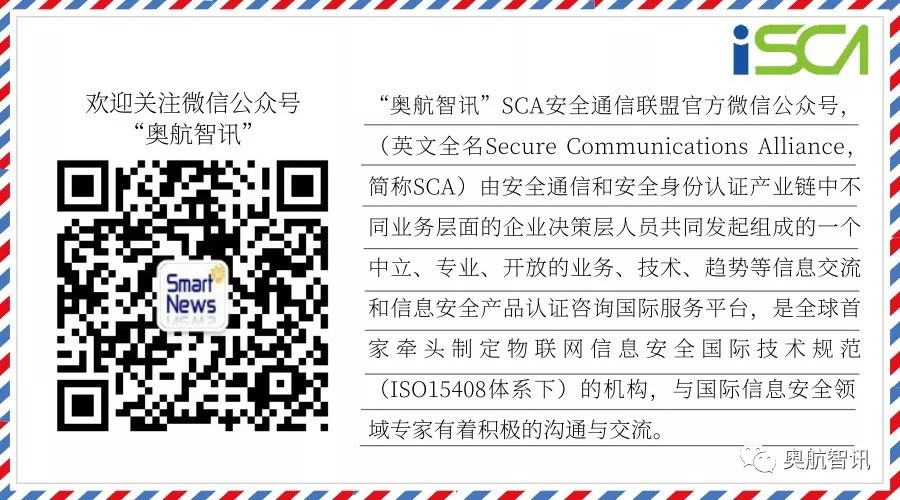
导读:直到最近,德国的数据保护还受到一系列法律的监管。由于部分条款相互矛盾,导致了法律上的不确定性。而电信媒体法案(TMG)和最近修订的电信法案(TKG)在某些方面引发了这种不确定性。
近期,德国议会通过了一项关于电信和电信媒体的数据保护和隐私的法律(简称TTDSG),这是立法者首次将欧盟关于Cookies的要求从电子隐私指令中移植过来。通过该法律,德国的数据保护规定将得到统一,并与欧盟的《通用数据保护条例》(GDPR)保持一致。
不过,该法律可能很快会被其他欧洲法律所取代,因为欧盟目前正在就新的电子隐私规定进行激烈的谈判,该规定将规范整个欧洲的数据保护。
German parliament this week adopted a law regulating data protection and privacy in telecommunications and telemedia. For the first time, the legislator transposed EU requirements on cookies from the bloc’s e-privacy directive.
German data protection was until recently regulated by a series of laws. That led to legal uncertainty due to partially contradictory provisions. Both the Telemedia Act (TMG) and the recently amended Telecommunications Act (TKG) have prompted uncertainty in some quarters.
The Data Protection Act passed on Thursday (20 May) intends to unify the country’s rules and bring them in line with the EU’s General Data Protection Regulation (GDPR).
“Until now, questions about data protection and privacy were split between these two laws. These different data protection rules will now be merged into a single law so that the legal situation is clearer and more consistent,” Social Democrat (SPD) MP Falko Mohrs told EURACTIV.
According to Christian Democrat (CDU) MP Hansjörg Durz, it was a “good day for data protection.” Speaking in parliament, the conservative lawmaker also stressed that the new law had created the “basis of the data economy of the future”.
The new law, known by its acronym TTDSG, has also come under fire from critics. In a statement, MP Mario Brandenburg of the liberal FDP said the new rules undermined “the right to anonymity on the internet.”
The law could in any case soon be superseded by European law since the EU is currently holding intense talks on the new ePrivacy Regulation, which regulates data protection across Europe.
The cookie problem
The new legislation also implements the E-privacy directive’s requirement to have users agree to cookie settings, which has been enshrined in EU law since 2009.
Rulings from the EU Court of Justice and the German High Court clarified that failure to require internet users to explicitly consent to the use of cookies was incompatible with EU law.
Although the new law transposes the EU’s policy on cookies, opposition politicians slammed the new cookie regulation as a “smokescreen” that did not really contribute to the handling of personal data.
Anke Domscheit-Berg of the far-left Die Linke called for a “ban on mass surveillance for advertising purposes,” and rejected the law because its provisions on personalised data were too loose, while FDP MP Manuel Höferlin said it was “not a real system to manage personal information.”
Fibre optics
The new law also addressed the opposition’s claim that the amendment to the Telecommunications Act (TKG) passed earlier this month to implement the 2019 EU Code for Electronic Communication did not contain sufficient data protection provisions.
The several hundred-page-long law aims to pave the way for broadband expansion – an area in which Germany lags far behind other countries, particularly in its expansion of fibre optics.
While fibre-optic connections cover between 69% and 75% of broadband in countries such as Sweden, Lithuania or Spain, Germany’s share is only 4.7%.
Germany has opted for a two-pillar system to ensure internet coverage meets the minimum specified in the EU Code.
“On the one hand, the law contains a list of services – such as the interference-free holding of video conferences – that must at least be possible in order to ensure digital participation of citizens. As a second criterion, we have anchored the legal right to internet access in the amendment,” MP Mohrs told EURACTIV.
Austria already adopted a similar approach in 2018, entitling every citizen to a “functional internet connection”.
However, the TKG sets clear standards for the entitlement to internet access based on “80% of the internet speed used by consumers in upload and download,” Mohrs said.
The benchmark is set and reviewed annually by the German parliament, in close cooperation with the country’s network agency.
“By introducing this benchmark, this limit is being dynamically pushed ever higher and the fibre-isation of the country is being driven forward,” Mohrs explained.
文章来源:EURACTIV、个人信息与数据保护实务评论

